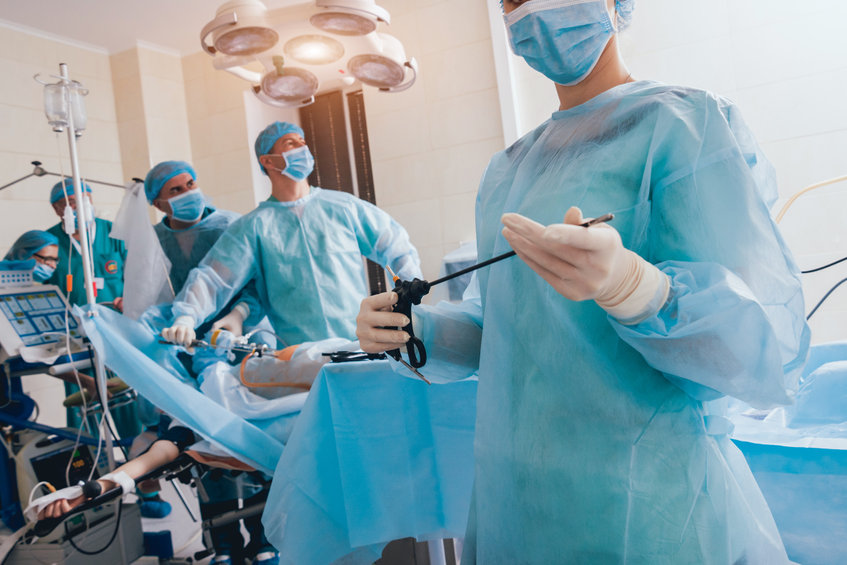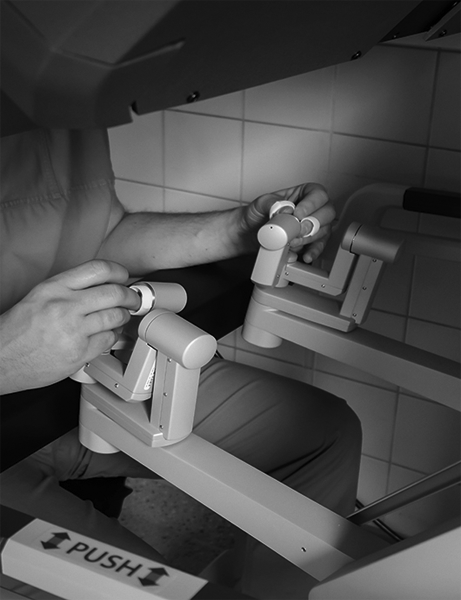What are the types of Laparoscopy Dr Sabary can conduct?

Diagnostic Laparoscopy
| Some of the conditions Dr Sabary can diagnose using laparoscopy can include:
● Endometriosis ● Uterine fibroids ● Ovarian cysts or tumours ● Ectopic pregnancy ● Pelvic adhesions ● Infertility ● Pelvic inflammatory disease |

Operative Laparoscopy
| Some conditions Dr Sabary can treat using laparoscopy can include:
● Hysterectomy ● Fibroid removal ● Endometrial tissue ablation ● Removal of ovaries & cysts ● Tubal removal ● Adhesion removal
|

Advanced Laparoscopy
| Advanced laparoscopic surgery (a procedure also called robotic surgery) involves a series of mechanical arms attached with surgical instruments & cameras that Dr Sabary controls while seated at a computer console near the operating table.Hand movements are translated into precise movements within the operative site. The result is less invasive surgery with minimal scarring. |




